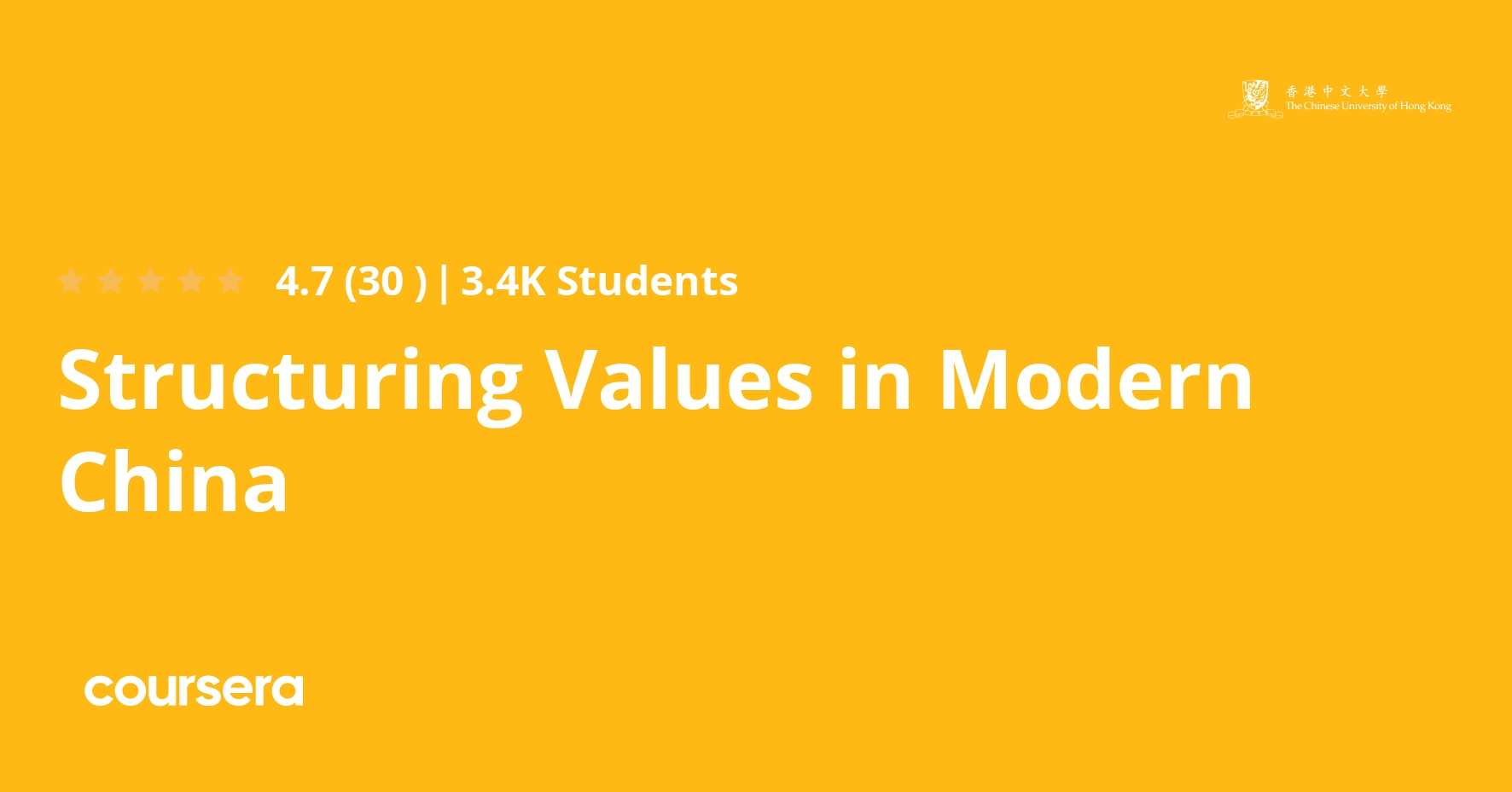Description
This sequence of four courses will propose a multi-disciplinary approach to the study of Chinese cultural history conceived of as a succession of modes of rationality (philosophical, bureaucratic, and economic). The focus will be on the moments of paradigm shift from one mode of rationality to another. For each of these moments, cultural facts and artifacts—thought, literature, ritual—will be examined in relationship to changing social, political, and economic systems.
The first two courses will cover the periods of the Warring States (481-256 BCE) and the Period of Division (220-589 CE), with a brief excursion into the Han (206 BCE-220 CE). The Warring States laid the social and cultural foundations for the emergence of the imperial mode of rationality; the Period of Division saw the Buddhist “conquest” of China and the emergence of a rationality defined by the opposition of the Three Teachings to shamanism, that is, of a clear contrast between elite and popular culture.
The third and fourth courses will focus on the emergence of modern China in the Song-Yuan (960-1368) and of today’s China 1850 to the present. We will see how the modern attack on religion, redefined as “superstition”, led not only to religious reform movements but also to a society in which science and the nation became the primary value systems promoted by the state.
The courses are listed below:
A Critical Cultural History of China – Early China I: Intellectual Change in the Warring States and Han (481 BCE-220 CE)
A Critical Cultural History of China – Early China II: Religious Transformation in the Period of Division (220-589 CE)
A Critical Cultural History of China – Modern China I: Religion and Thought in the Song, Jin, and Yuan (960-1368)
A Critical Cultural History of China – Modern China II: Structuring Values (1850-2015)
What you will learn
Module 21 Religion and Modernity
This module explains how science, the market, and the nation became the new structuring values of the intellectual elite in the 20th century and how this led to the destruction of traditional religions; how these religions resisted and incorporated the new values.
Module 22 Economics
This module introduces how the traditional Chinese vision of the role of government militated against the development of market-based economics, how the science of economics came into being in 20th century China and how this profoundly modified the practice of government and the way human subjectivity is understood.
Module 23 Science and Scientism
We are going to learn the distinction between science and scientism, how scientism was used to justify the rejection of traditional religions, and how a more accurate assessment of the nature of science re-opens a space for more traditional moral and religious concerns.
Module 24 Gender
This module is about the role of gender bias among the intellectual elite in the 20th century and how various religious traditions, by contrast, promoted women’s empowerment over against the “public patriarchy”.





